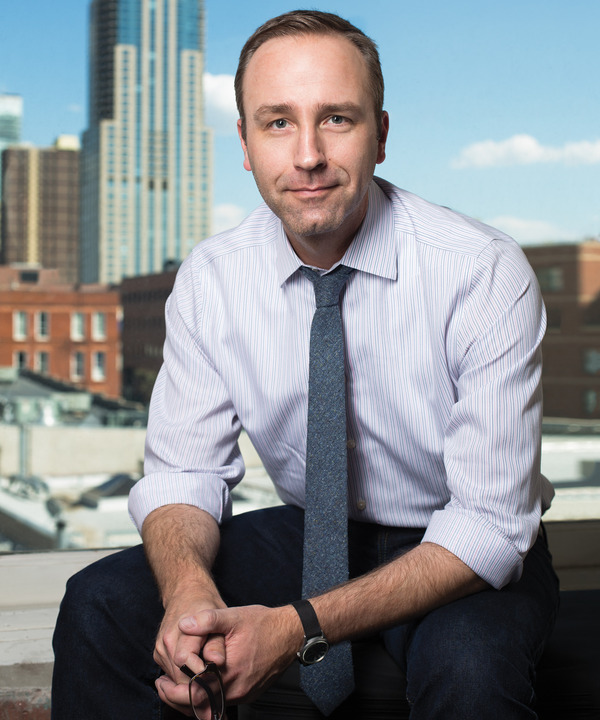The Local newsletter is your free, daily guide to life in Colorado. For locals, by locals.
Several weeks ago, our family drove to Winter Park Resort for our first ski trip of the season. We had signed up our boys, seven and five, for lessons, and while they were learning about hockey stops and parallel turns, my wife and I headed off on our own. For a warm-up, we descended Lower Hughes, a run that frequently includes a racecourse. As it turned out, Winter Park was hosting a slalom event that day, and as I eased my way down the hill, I could see the racers ripping through the gates. For a brief moment, my personal mantra—DON’T FALL!—was replaced by the thought of Mikaela Shiffrin, the wunderkind from Vail who took home the slalom gold a year ago at the Winter Olympics in Sochi, Russia.
Shiffrin, whom 5280 contributing writer Kelly Bastone profiles on page 52, is remarkable for several reasons, not the least of which is that she’s the youngest skier in Olympic history to have won the slalom (she was 18). But what I began thinking about that day was how Shiffrin had reached the top of her sport in the first place. What makes an elite athlete, and what separates the gold-medal winners from the thousands of other kids—not unlike my own—who chug up I-70 each weekend with their families to get in a few turns?
In “Fast Lane To Glory,” Bastone reveals details that answer this question while simultaneously providing insight into Shiffrin as a human being. (Spoiler alert: She’s single-mindedly dedicated to her sport, and yet she’s a guileless 19-year-old who has many of the same concerns as other American teenagers.) But what interests me even more about Shiffrin is how deftly she maneuvers through her complicated life, nimbly undertaking the training required to be the best in the world at a given discipline. Yes, Shiffrin has awesome physical talent, but more important, she has the work ethic and focus to do drill after drill to improve her technique. She also lives by a simple ethos, one imparted by her father: Whatever you’re doing, do it the very best you can.
I thought about all of this on a cold lift ride that day, and I thought about my boys, who were on another run on a different part of the mountain. Would they be athletic prodigies someday? (Probably not.) If, on the off chance that turned out to be the case, would my wife and I, like Shiffrin’s parents, be able to devote our own lives to their pursuits? Would we be able to pass on the wisdom they would need to navigate their chosen fields? And would we have the drive and resources to support a shot at the big time?
I’m sure that, just as my parents supported my ambition to become a writer and editor, we’ll back our boys in whatever they dream to do—whether that’s teaching, or being scientists (their career choice du jour), or ski racing. Like the Shiffrins, we’ll do whatever we can to make our children feel fulfilled and content. But on that chilly day a few weeks ago, when I picked up my older son, Sebastian, from his ski lesson, he was already happy: All he wanted to do was ride the lift up the hill to ski down again. “Dad, I want to show you how much I’ve improved!” Sebastian said. He may not be gold-medal bound—yet—but he was having a blast, and that was more than good enough for me.









